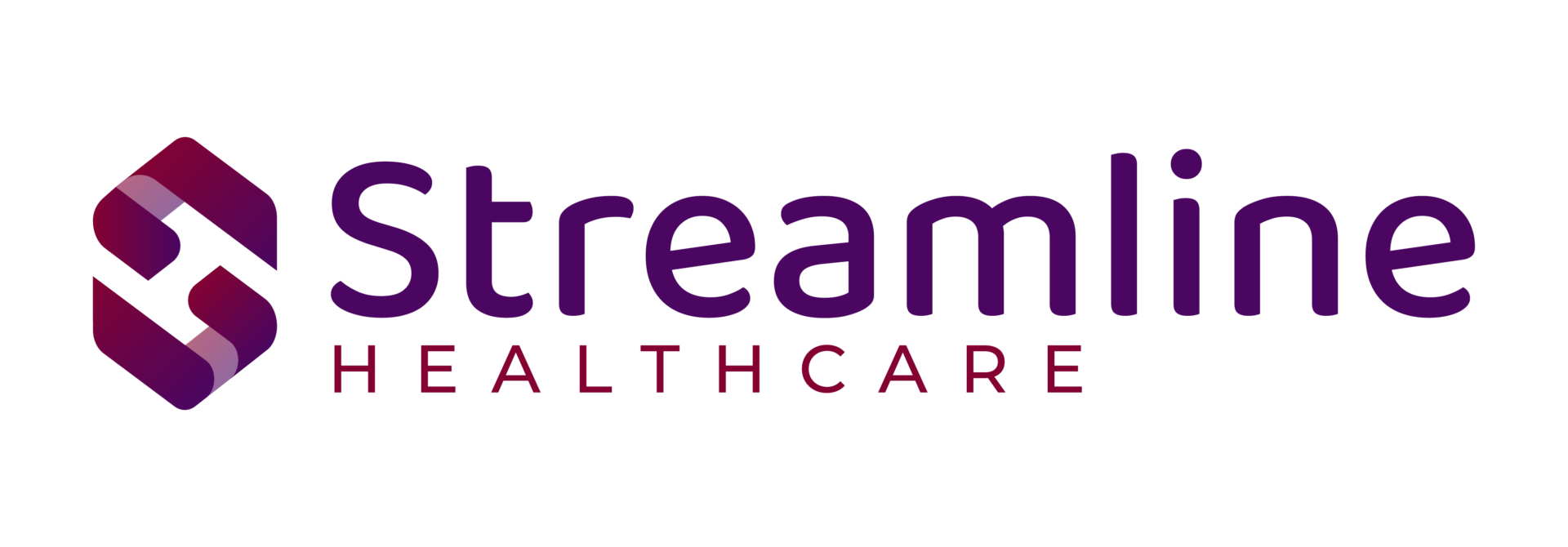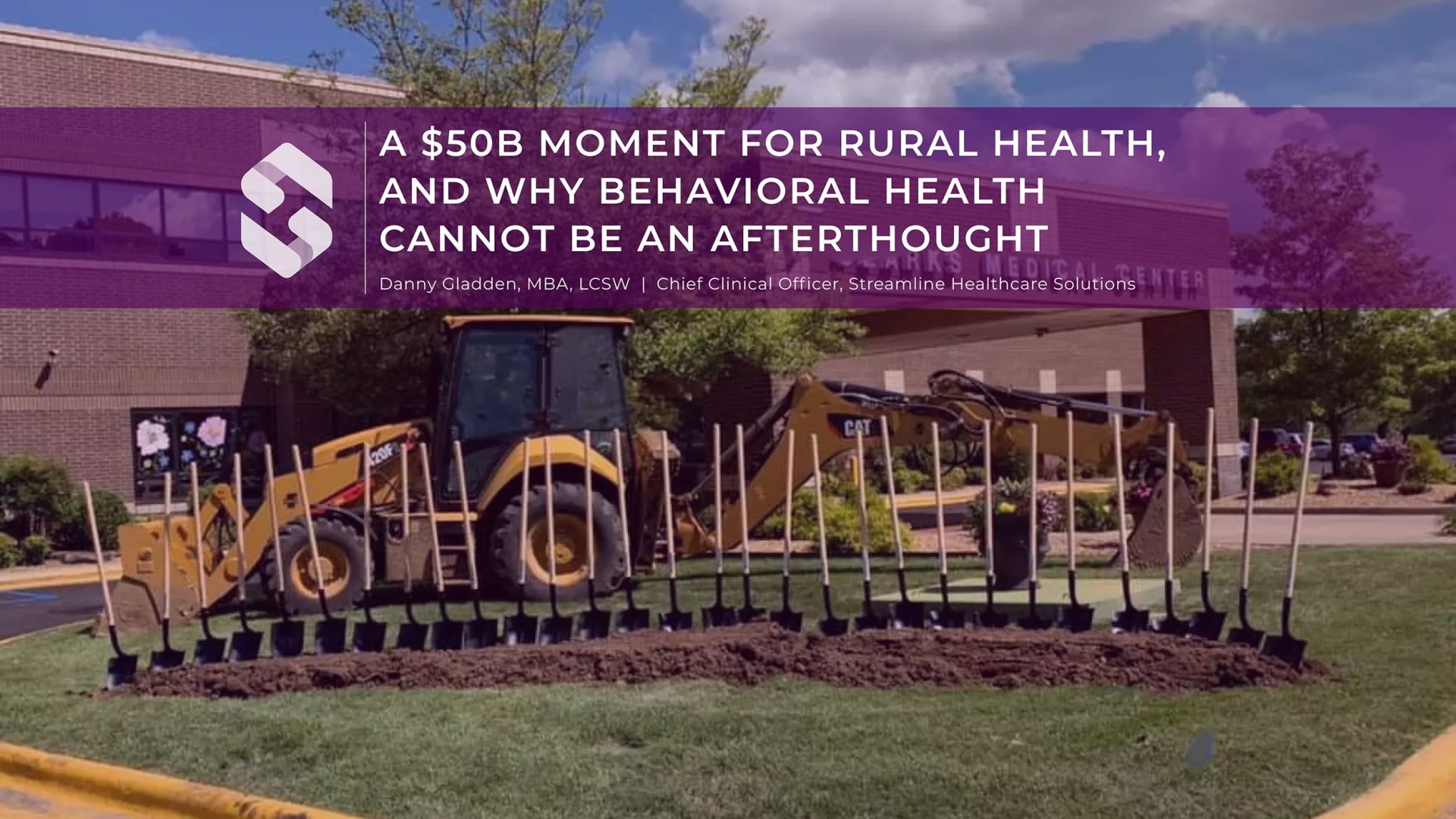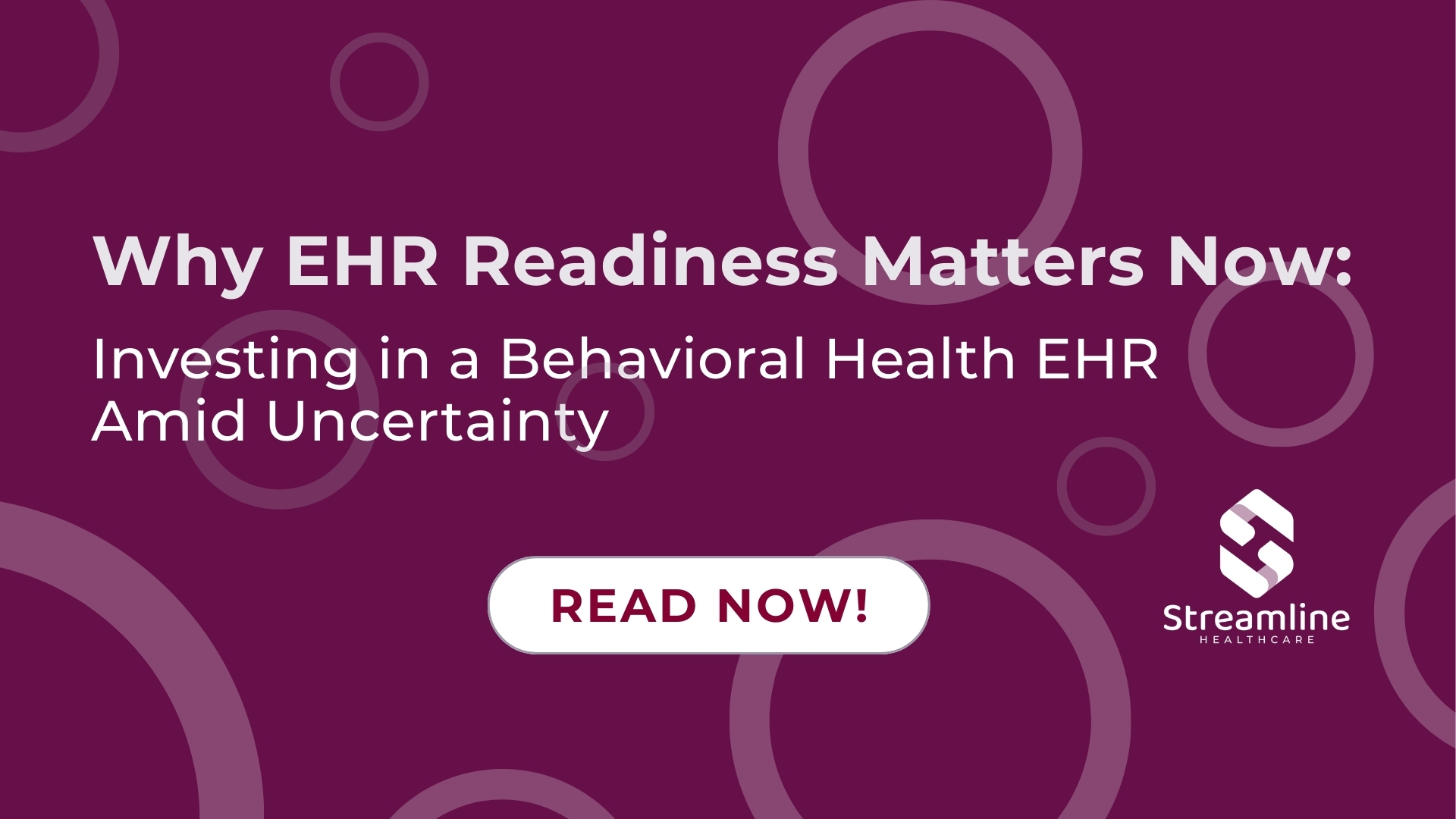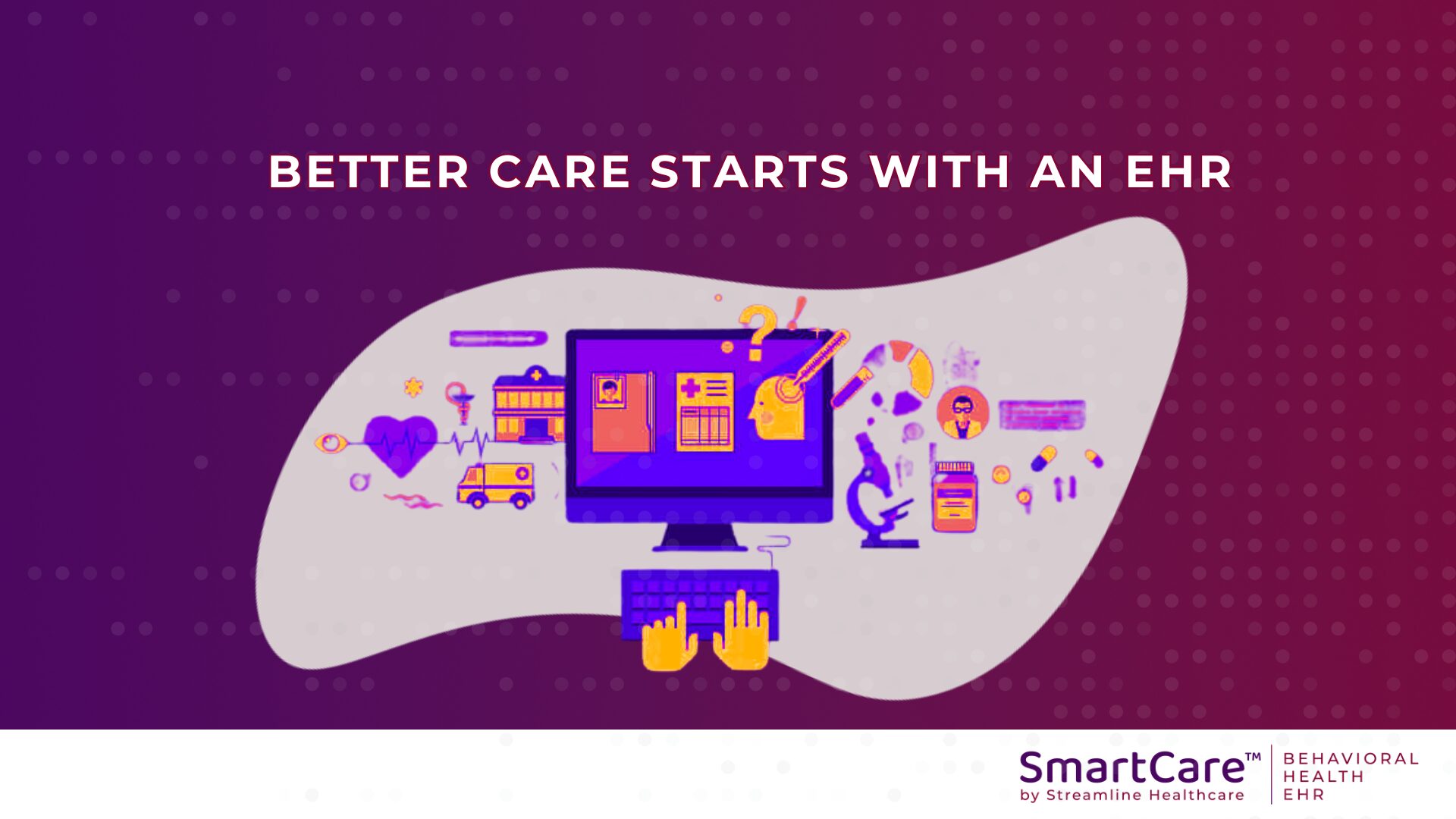Deaths due to opioid addiction have risen to an all-time high. Within the last week, the President declared the opioid crisis a “health emergency”, with health officials across the country calling it an epidemic. An article in Harvard Business Review, sites that the opioid epidemic “now kills almost 100 Americans each day, more than motor vehicle accidents.”
Serious Consequences of the Epidemic
Sometimes the pharmaceutical supply dries up, and people resort to illegal, unregulated opiates, such as heroin. Ultimately, the addiction causes a myriad of dysfunction both physiologically as well as mentally/emotionally. It further causes enormous damage to communities as individuals drop out of the workforce and families are torn apart.
The government is mobilizing to combat the issue, but ultimately it’s the addiction treatment facilities that will need to respond. Regardless of causes, once individuals become addicted, it’s critical to get them help or else many will lose their families, their freedom, or their lives in the process.
Treatment is an Important Piece in Containment
Getting people to accept that they are out of control is often difficult. Many agencies will partner with interventionists who specialize in helping people recognize they need treatment.
Once in treatment, Against Medical Advice (AMA) rates are high due to the discomfort of opioid withdrawal. It’s critical that a treatment team be in constant contact with each other about a patient’s condition when they begin treatment. One small excuse can lead to the client abandoning treatment too soon.
Clients who complete their program find that their addiction has caused damage to many aspects of their lives. Their their mental and emotional health has taken a toll, relationships are damaged, and often they have physical ailments which have been left unchecked. It is an important, yet daunting, step in the process to treating the client as a whole to ensure they get on the right path to recovery.
Medications, Therapy, and 12-step Programs All Need to be Utilized
Treatment typically includes both medical and talk therapy methods, and needs to have a strong aftercare plan or most find it is ineffectual. There are some excellent medical detox methods now available which can minimize the discomfort portion of detoxification, such as Naltrexone and Suboxone. There are even methods of rapid detox which has been honed in recent years to not need anesthesia and hence do not need an inpatient setting. Group therapy & Individual sessions which utilize Evidence Based Practices are typically used in concert to assist clients in grappling with the illness. Twelve-step program involvement as a component of treatment and aftercare can help with dealing with the underlying issues of addiction, and reintegration in the community.
Streamline’s SmartCare Can Help
Having an integrated EHR to manage both the primary care component, the pharmacological and the therapeutic portions of treatment can make tackling this crisis more straight-forward. Tracking clients from first call to post discharge can ensure the client is getting the treatment they need and enable good performance metrics. Cataloging referents so that they can be kept in the loop as treatment progresses is very important to the client and to your business. Having an tool to track this data is key to knowing how effective your treatment is.
Managing the medical piece can be daunting, including the ordering, dispensing and administering medications; detox meds, opiate inhibitors, injectables, for example. Tracking vitals, any primary care type of physical issues the client ails form; all need to be managed and tracked, and having a EHR that is built for this type of documentation can be extremely helpful.
All of this is possible with Streamline Healthcare Solution’s SmartCare™. A complete application for the management of special populations. SmartCare EHR is seamlessly integrated with both Practice Management and Medication Management. To learn more about its full capabilities, visit the SmartCare section on our website or reach out to us directly.
[well]
[row]
[column span=”4″]
[img src=”https://streamlinehealthcare.bypronto.com/wp-content/uploads/sites/1375/2017/11/Kevin-Sullivan.jpg” class=”aligncenter”]
[/column]
[column span=”10″]
Kevin Sullivan
Director, Client Solutions
Kevin Sullivan joins Streamline with over 25 years of healthcare experience. He worked in direct client care positions in both mental health and substance use, as well as inpatient and outpatient settings. For the latter part of the 1990’s, Kevin managed the admissions department at the Betty Ford Center. Beginning in 2000, Kevin’s focus shifted from direct client care to working more behind the scenes on the technical side of behavioral healthcare systems; supporting the systems that enable clinicians and support staff to do their work more efficiently. Kevin continued working with healthcare software, implementing solutions for small agencies all the way up to large county applications. Kevin holds a Bachelor of Arts in Psychology and Master’s Degree in Computer Science.
[/column]
[/row]
[/well]



